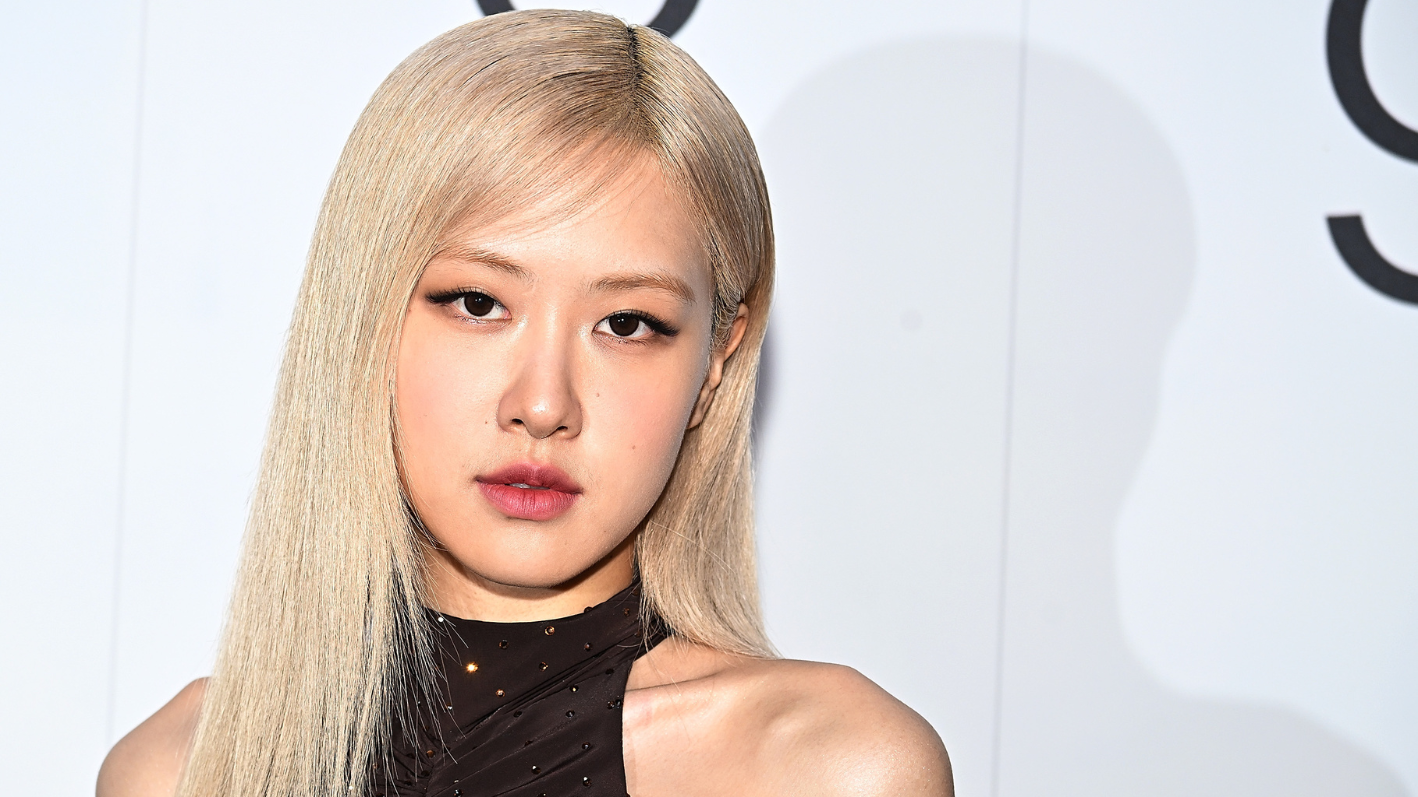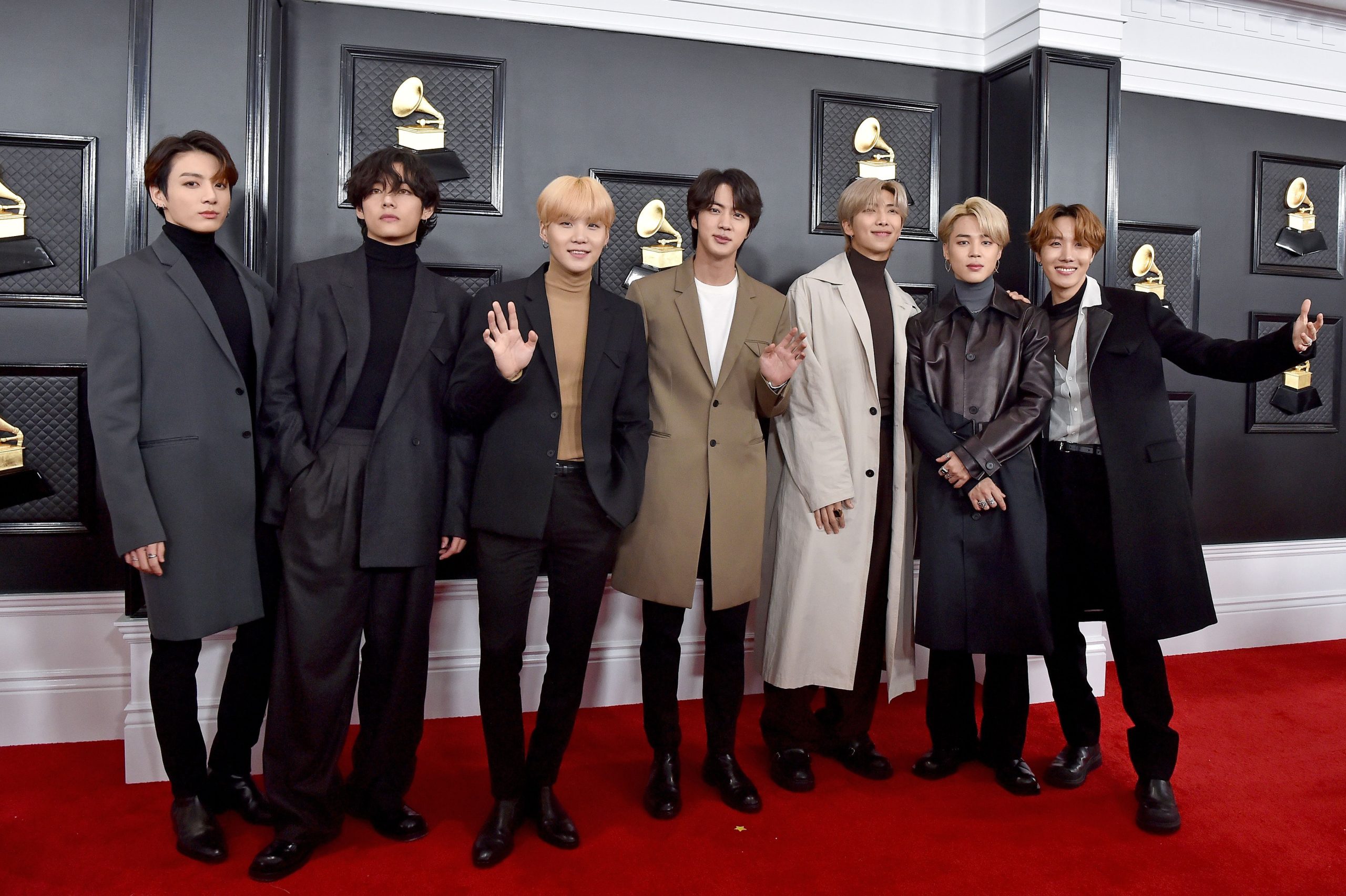The global success of K-Pop groups such as BTS and BLACKPINK has brought attention to the stringent contracts that govern their careers. These agreements often impose rigorous demands, leading to debates about their fairness and impact on artists’ well-being.
Historically, K-Pop contracts have been criticized for their length and restrictive clauses. Terms extending up to 13 years were not uncommon, limiting idols’ personal freedoms and financial autonomy.
The Evolution of K-Pop Contracts

In 2009, members of TVXQ challenged their 13-year contract with SM Entertainment, labeling it excessively restrictive. This legal battle highlighted the industry’s exploitative practices and led to increased scrutiny.
Following this, South Korea’s Fair Trade Commission intervened, capping contract lengths at seven years to prevent such exploitation. Despite these reforms, concerns about the fairness of these contracts persist.
Challenges Faced by BTS and BLACKPINK

Even with regulatory changes, top groups like BTS and BLACKPINK have encountered contract-related issues. BLACKPINK’s recent contract renewal negotiations have been closely watched, with fans expressing concerns over potential restrictive terms.nBBC.COMnnSimilarly, BTS has faced challenges related to the demanding nature of their contracts, including grueling schedules and limited personal time. These pressures have sparked discussions about the need for further reforms in the industry.
Ongoing Debates and Future Directions

The term “slave contracts” has been used to describe the exploitative nature of some K-Pop agreements. While reforms have been implemented, the balance between managing a successful idol career and ensuring artists’ rights remains a contentious issue.
As the K-Pop industry continues to grow globally, there is increasing advocacy for more equitable contracts that prioritize the well-being of artists. This includes calls for reasonable working hours, fair profit distribution, and respect for personal autonomy.
